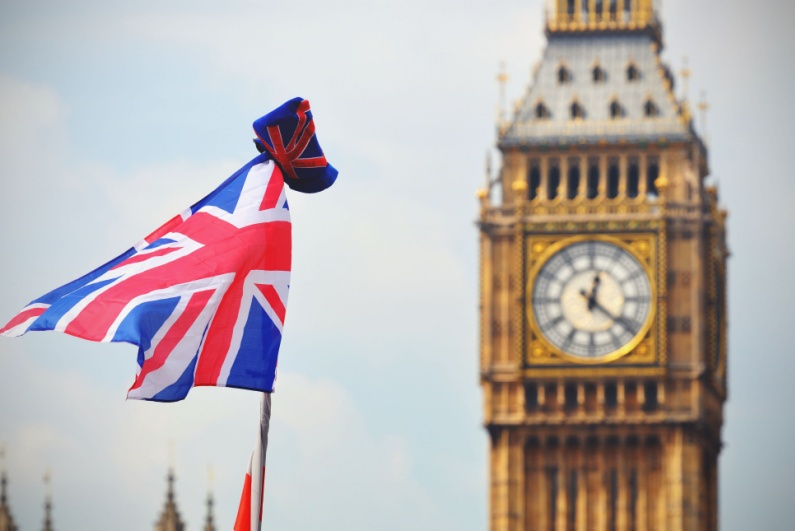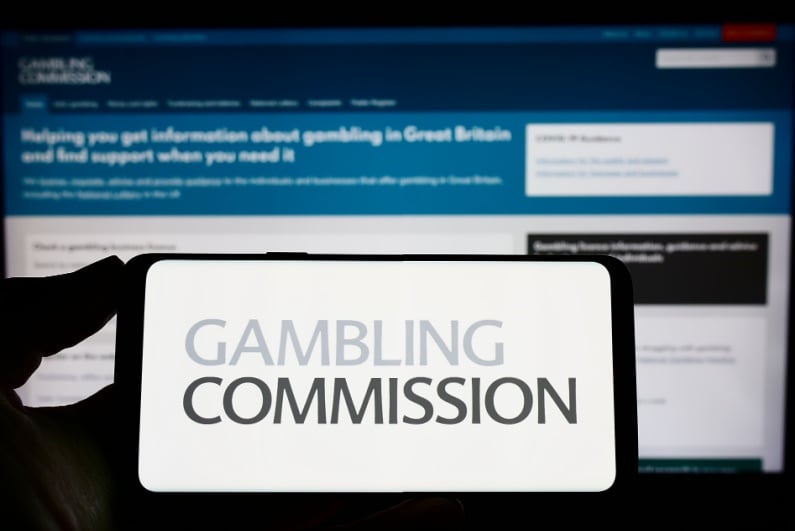The UK’s financial black hole
UK Chancellor Rachel Reeves hopes to fill in a £22bn (US$24.05bn) black hole in the nation’s finances. The solution? A tax raid of up to £3bn (US$3.28bn) on the gambling sector. Treasury officials are considering proposals advanced by two influential think tanks to double taxes levied on online casinos and bookmakers. If approved, the measures would be Labour’s first budget inclusion in 14 years.
It’s definitely on the map. There’s no obvious pushback to it.”
Industry lobbyists oppose the revisions to the UK’s complex system of betting and gaming duties, but one source familiar with Treasury thinking told The Guardian: “It’s definitely on the map. There’s no obvious pushback to it.”
Derek Webb, both a former poker player and casino game inventor, put forth a call for higher taxes on the gambling industry, which accumulates £11bn (US$12.03bn) a year in revenue. Webb stands as the Labour party’s fifth-largest individual donor since the start of 2023, having given £1.3m (US$1.42m) to Labour.
UK government could raise almost £3b
A report by the left-leaning think tank Institute for Public Policy Research (IPPR) estimates the government could raise £2.9bn (US$3.17bn) by next year, with projections showing that number could rise to £3.4bn (US$3.72bn) by 2030, if the government will double taxes on “higher harm” products, which include online casino games.
The IPPR’s proposals call for leaving duties on “lower harm” games untouched, which include the lottery and bingo. The proposal would instead double taxes on activities like the 15% general betting duty, which affects retail bookmakers’ profits. In another example, the remote gaming duty levied on online operators is currently charged at 21%, but that would rise to an astonishing 50% under the IPPR’s plan.
it will create incentives for companies to focus on lower-harm products
IPPR said: “We suggest this is the best application of the ‘polluter pays’ principle and it will create incentives for companies to focus on lower-harm products.”
A separate think tank, the Social Market Foundation, proposed a more moderate plan that would merely double the tax levied on online gambling companies from 21% to 42%. Derek Webb helps fund the SMF and has pointed the Treasury to examples from other jurisdictions – such as the United States – that outearn the UK through higher online gambling taxes.
Opposition points to black market gambling
Opposition to the taxes, however, points to the rise in black market gambling, where similar regulations and higher taxes have been passed. A spokesperson for the Betting and Gaming Council said: “Comparable markets abroad which have imposed draconian regulations and disproportionate tax regimes have seen a spike in illegal black market gambling.”
According to The Guardian, one industry source said: “The anti-gambling lobby has donated at least £1m (US$1.09m) to Labour over the past 18 months and you have to wonder what they expect to get in return for that.”
Indeed, senior figures in the UK’s ruling Labour party have received gifts from the gambling industry totaling over £1m (US$1.3m).
Dan Waugh, an adviser at the gambling consultancy Regulus Partners, said: “If one raises the cost of consumption, it is conceivable that one may cause additional harm, because at some point the consumer will bear that additional cost.”



